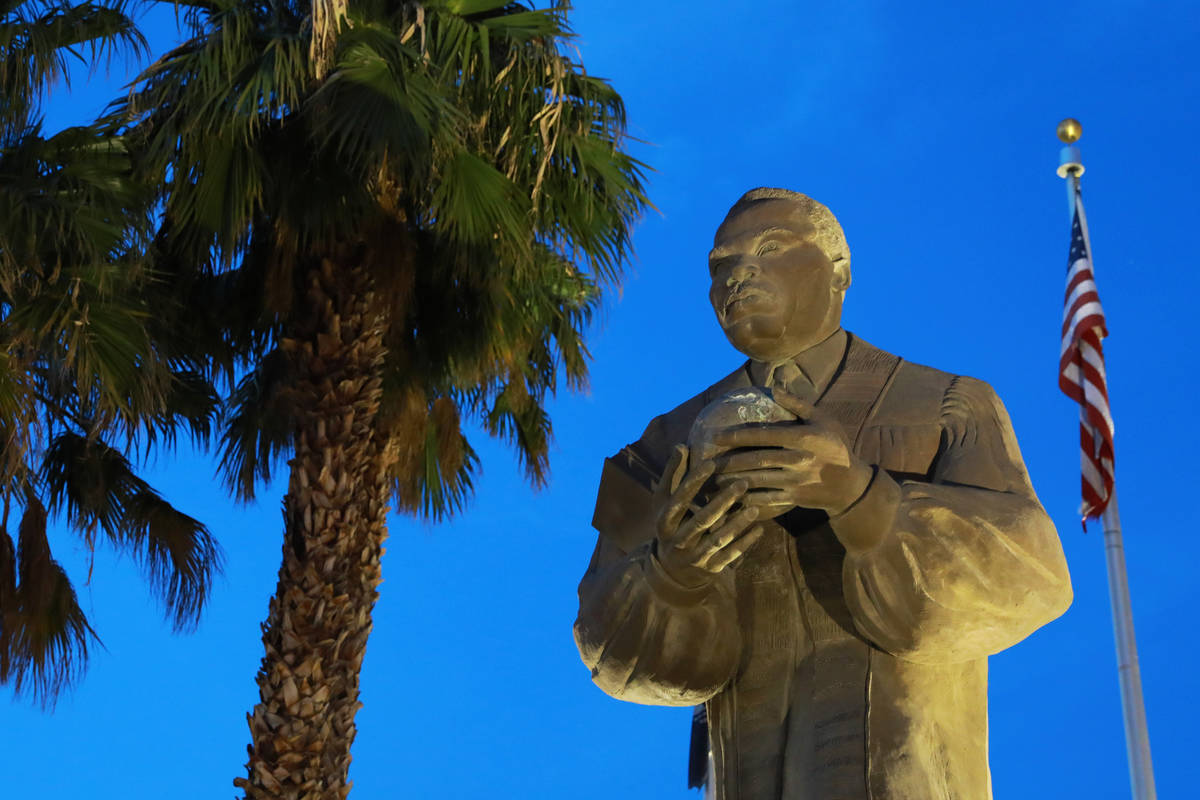COMMENTARY: For African Americans, faith is not confined to the hope of heaven

George Zimmerman was acquitted in the killing of Trayvon Martin on a Saturday night in 2013. The next morning, I went to church wearing a hoodie.
This was mid-July, hardly hoodie weather. But other brothers showed up similarly attired, including our pastor. This gesture — an expression of solidarity and raw pain — was no surprise. I’d wager it was repeated in many Black churches — and almost no white ones.
And that, I think, speaks to a central thesis of “The Black Church,” a new PBS documentary. Namely, that when Black people and white ones talk about faith, they largely tend to mean two different things. For African Americans, faith is not confined to the hope of heaven, but must also contend with the hardship of Earth.
Dr. Henry Louis Gates Jr., who executive produced and hosts the documentary, tells me this is why Karl Marx was mistaken when he “criticized religion as keeping people from rebelling because they could suffer anything on Earth and go to heaven forever.” That may be true for some, but it was never the case for Black people. For African Americans, says Gates, church is where “we learned to worship a liberating God. We learned to develop faith in the future — and not a future after death, which was part of the religion, of course, but a future here on Earth where our children and their grandchildren would one day be free.”
It is a perspective that often — not always, but often — confounds our white brethren. Note that the more directly a Black preacher confronts racial and social inequality, the more likely he is to be treated by them as counterfeit — not a “real” preacher. It’s happened to Sen. Raphael Warnock, to Jesse Jackson, Al Sharpton and Jeremiah Wright.
And yes, it happened to Martin Luther King Jr., who, on the last night of his life, said, “It’s all right to talk about ‘long white robes over yonder,’ but ultimately, people want some suits and dresses and shoes to wear down here.” That message is at odds with how some of us conceive faith. But as the Rev. William Barber of the new Poor People’s Campaign puts it, “There’s something wrong with a religion that has nothing to say about the oppressive realities that exist in life. God is the God of the oppressed.”
Nor is that oppression some mere artifact of the past. “Barack Obama’s election woke up the sleeping giant of white supremacy,” Gates says. “I tell my students at Harvard, there are two streams flowing under the floorboards of Western culture. One is anti-Semitism, one is anti-Black racism.”
African Americans deal with that stream now as they always have: marshaling faith as “a redemptive force for a nation whose original sin was found in their own ancestors’ enslavement.”
It is a faith that still, somehow, miraculously, abides, as “The Black Church” documents and that Sunday morning in July attests. For 400 years, the church has been where we took our hurt.
And found our hope.
Leonard Pitts Jr. is a columnist for the Miami Herald. Contact him at lpitts@miamiherald.com.